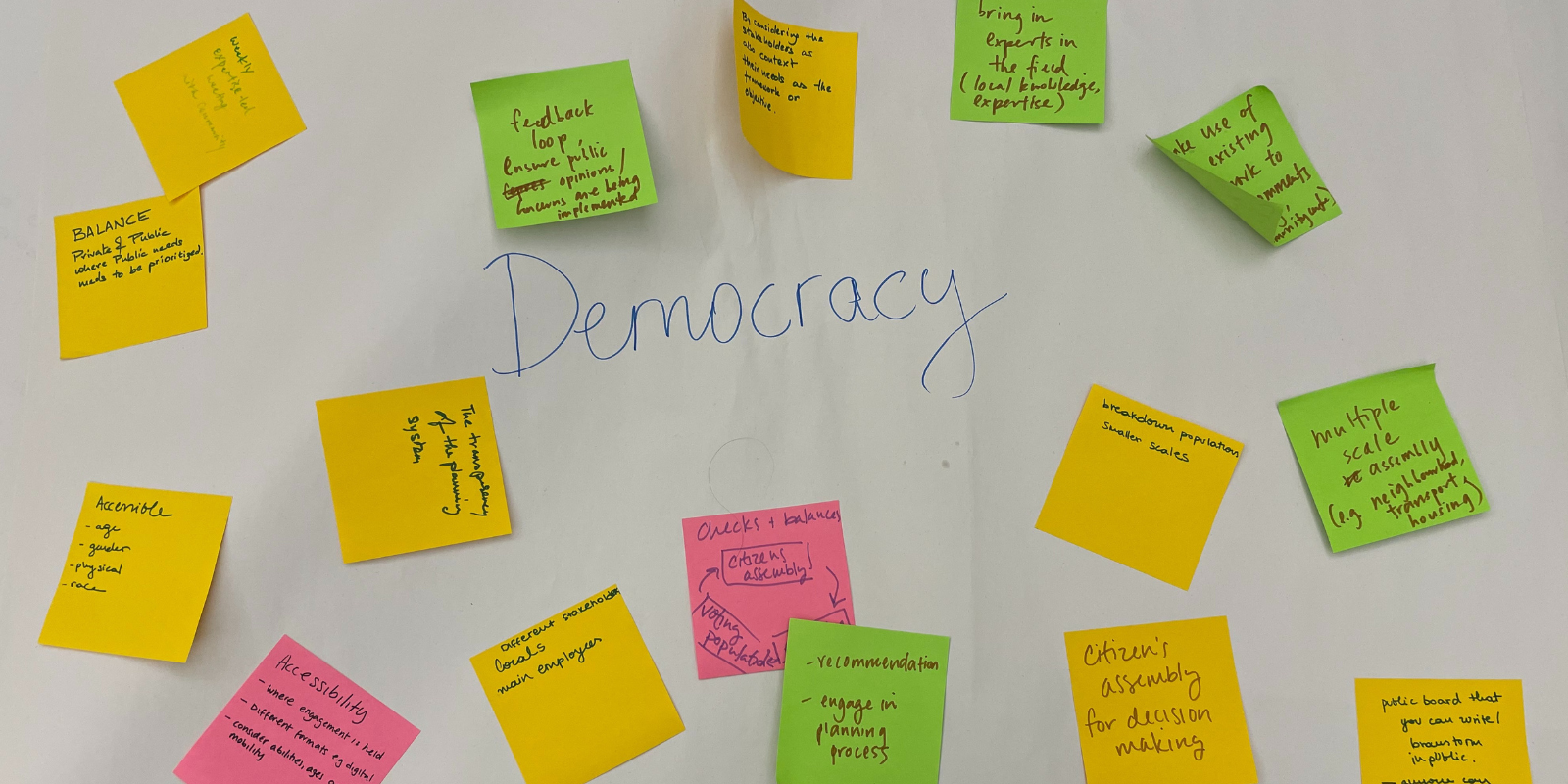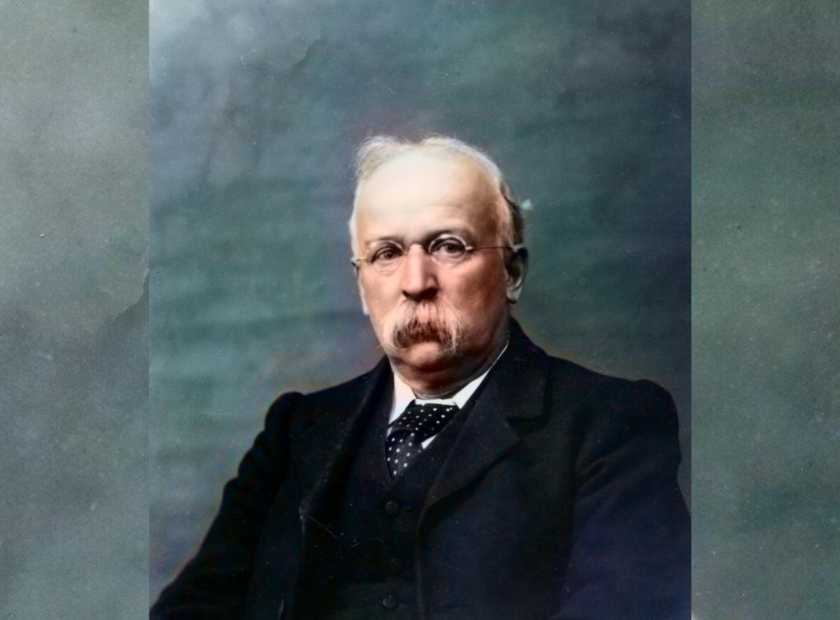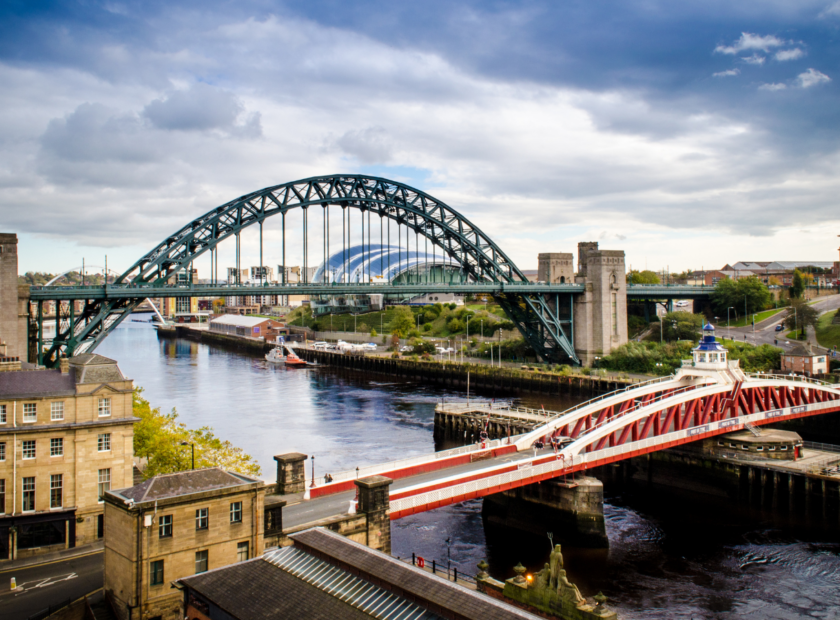In this blog, the TCPA’s Events and Projects Assistant Abi Grove-White explains how the Tomorrow 125 project is promoting a creative and hopeful approach to planning
The Tomorrow 125 project has set out to explore the ideals and principles of the Garden City movement. The project allowed the TCPA to not only revisit its roots but investigate the relevance of Ebenezer Howard’s Garden City principles in relation to contemporary society.
Tomorrow 125: creating pathways of hope
Tomorrow 125 has been a collaborative effort from the start, with shared ownership across many forward-thinking organisations and individuals. Each one has played an integral part in informing the research, contributing to discussions, and ultimately sharing the vision to create a fairer and more resilient society for future generations.
The project’s research into the application of the Garden City principles has informed a range of outputs such as manuals, toolkits and summits. At the core of Tomorrow 125 has been the ambition to create ‘a pathway of practical hope’, and we have seen countless examples and case studies of communities taking back power and utilising their own agency. Our project partners have been invaluable in showcasing the relevance of the Garden City principles within today’s society.
Inspiring the next generation of planners
We undertook three workshops in collaboration with the University of Hertfordshire, the University of Sheffield and University College London. The sessions looked to debate the Garden City ideas, explore the values and practices of planning, and emphasise how planning can meet the pressing crises of the 21st century. The aim was to inspire students and highlight the importance of their future role in the industry.
After discussions with professors and module leaders, the workshops were tailored to suit the student’s interests, curriculum, and course level. Taking inspiration from the Tomorrow 125 Bournville Summit, which took place earlier in the year, we structured the student workshops around the ‘Utopia Café’, asking them to design a garden city that would enable human flourishing and still be relevant 50 years into the future.
The students were split into groups, and each worked on one of three Garden City principles before rotating to the next. The selected principles were consistent across all three workshops: the application of nature, democracy and economy.
- ‘Human flourishing depends entirely on the restoration of nature and the long-term sustainability of the planet’
The sessions highlighted some key themes for each of the groups. When looking at the implementation of ‘nature’ into a new town, students across all three universities discussed ideas such as renewable energy, active transport, sustainable food production and access to green space for all residents. They looked in detail at the materiality of flooring, buildings and public space; future-proofing the city from the impacts of climate change was a key consideration. Inspired by the creation of Letchworth Garden City, many students referenced an inherit respect for nature and the existing natural environment.
2. ‘Delivering human flourishing and a vibrant democracy requires an evolution of our current economy’
There were several reoccurring ideas and themes when it came to conversations about how the economy should be designed in line with the Garden City principles. These included topics such as community wealth building and investing back into the community using circular economic models. Many of their ideas were rooted in supporting small and medium businesses, as well as community shares and ownership.
Students wanted to put public transport back into public hands, while decreasing the cost, to make it a more attractive alternative to the car. They also wanted more regular transport services to help open up more job opportunities. The most popular ideas were concerned with retaining and reinvesting local wealth, supporting local businesses and making sure there would be access to good quality jobs.
3. ‘Human flourishing depends on meaningful and vibrant democracy’
The final topic was democracy; there were several approaches that students discussed when it came to democracy and decision-making within the new Garden City.
Many students discussed Citizens Assemblies to encourage all residents to engage in the future of their town. Regarding accessibility and inclusivity, students suggested that Assemblies should include community panels which are made up of underrepresented members of the community. They would also be conscious to ensure all meetings and data were stored publicly in a way that would meet accessibility needs, so that no part of the community felt isolated from decision-making.
Similarly, many of the students suggested that the community engagement should happen on multiple scales; they discussed the possibility of having initial community meetings on a neighbourhood level before feeding into larger-scale meetings regarding housing or transport. There were also many conversations that looked at how young people and children could be incorporated into the decision-making process, to make sure they also felt they had ownership of their town.
Bringing creativity back into planning
The workshop sessions brought about thought-provoking and innovative ideas. Many of the students said they had never been asked to even think about, let alone design, a completely new place from scratch. Within the current climate, planners are subjected to many restrictions and rules when it comes to their practice, meaning it can be hard to think outside the box. The workshops were designed to bring creativity back into planning and to encourage the new generation of planners to look at things with a new perspective and be excited about the future of planning.




